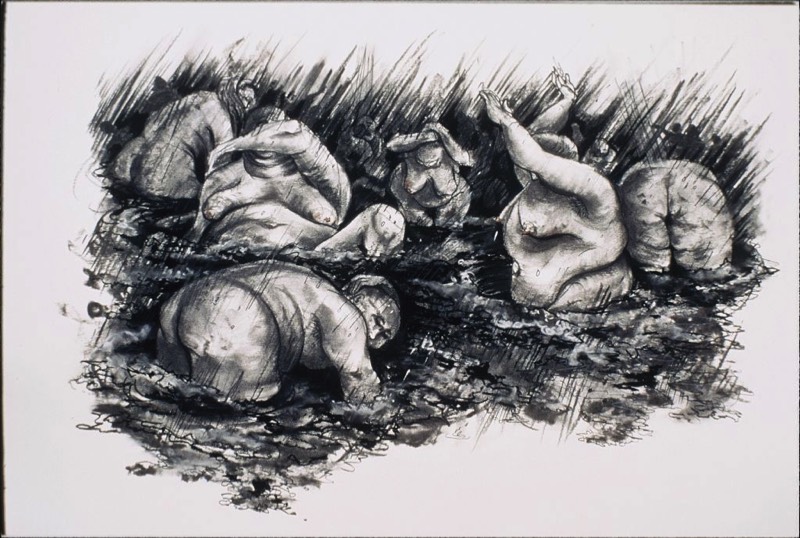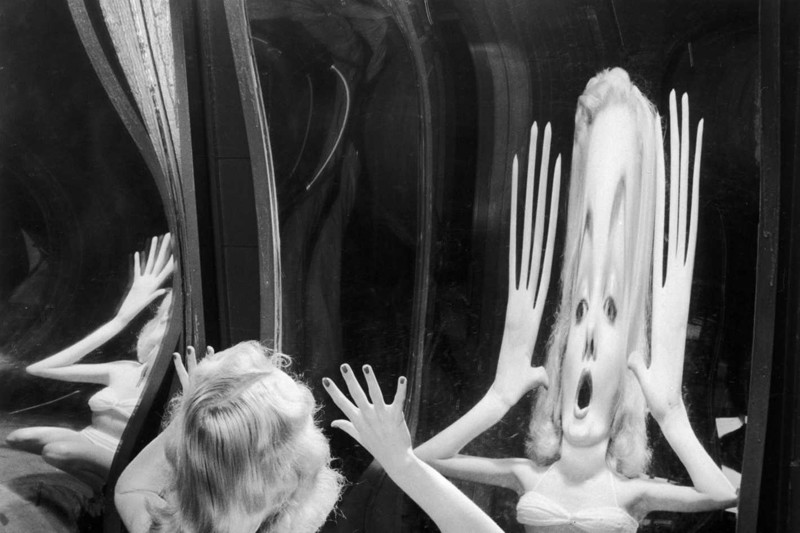
The heart of Jesus’ teaching is found in the longest teaching passage in the Gospels, it is known as the Sermon on the Mount.
It begins with a mysteriously beautiful passage known as the Beatitudes.
Here Jesus sets out a series of maxims that at first sight seem to be his equivalent of the Ten Commandments. Like Moses, the Old Testament prophet who received the latter, when Jesus receives the Beatitudes he has gone up a mountain.
And like Moses he has a series of short, pithy things to say that will then need a lifetime to work out.
However, the Beatitudes are not a moral code. They are not things you can either do or not do. They are attitudes to which we can aspire. Rather than describing the moral life, a code by which we can justly live alongside each other in society, they describe what it looks like to 'go the second mile’. They describe what perfect love in action looks like.
Here they are:
Blessed are the poor in spirit, for theirs is the kingdom of heaven.
Blessed are those who mourn, for they will be comforted.
Blessed are the meek, for they will inherit the earth.
Blessed are those who hunger and thirst for righteousness, for they will be filled.
Blessed are the merciful, for they will receive mercy.
Blessed are the pure in heart, for they will see God.
Blessed are the peacemakers, for they will be called children of God.
Blessed are those who are persecuted for righteousness sake, for theirs is the kingdom of heaven.
I don't propose to spend ages unpacking these. But alongside the Ten Commandments themselves, the Lord's Prayer and the Creed, the Beatitudes have become one of the central documents of the Church.
Living by them is the work of a lifetime.
They are the centre of Jesus' teaching. Their meaning, however, isn't always self-evident. Like his stories, they need inhabiting.
They are very challenging. It isn't easy to be merciful. It isn't easy to make peace. Especially if the likely outcome is the persecution we usually make efforts to avoid. Not that there is anything good about persecution. As we know, mockery and ridicule hurt. How much more hurtful is it to be hunted down because of your witness to peace? Nevertheless, it is witnesses to peace that Jesus is recruiting here. His own life, and everything that he teaches, led this way: to the peace that is beyond the world's understanding and is about a wholeness and totality of giving and receiving love.
Jesus is inviting us to live with a different set of attitudes. And he does not baulk from acknowledging that these attitudes will bring us into conflict with the carefully protected interests of those who secure power and influence for themselves at the expense of peace. They exchange it for what is little more than a truce. At best, an absence of war, what we live in our jealously guarded siloes and forcibly protect our borders, repelling intruders and stamping on those who even dream differently.
In our own society, thankfully, we enjoy freedoms of speech and action. This means that we rarely meet with much opposition beyond people's unreflective apathy or polished disdain. But these freedoms we enjoy should not be taken for granted. They have been hard won. They could easily be lost. Especially if we fail to see where they have come from; precisely this realisation of the dignity and worth of every person and our responsibilities to each other that arose through Christ.
Unfortunately, these things that underpin what is best in our society are not self-evidently the best. We've got so used to them that we easily imagine they are. But actually, we don't observe them in the world around us. Nature, for instance, is not democratic. Nor particularly caring. The weakest usually die first. The fittest survive. Nor is it much different in human communities. Our history - always written by those who win - is one bloody story of conquest after another.
Empires rise and fall, and there is very little to suggest that there might be another kingdom where a different set of values prevails, and where the king turns out to be the servant of all. But that is precisely the Christian narrative. It is a golden thread running through human history. In every age it can either be held on to, or cut away; left to our own devices, especially when our backs are to the wall, we find that the human compass is usually set towards self-preservation. Our empires and systems are usually designed to keep others out. Or at least in their place, so that they can serve us. In this so-called ‘real world’, shepherds do not go in search of one lost sheep, as Jesus suggested God does, in one of his parables. That would be uneconomic. Like the rest of us, they play a percentages game, and for the sake of the ninety-nine, we accept the loss of the one. The strongest and the wiliest prevail. That's just how it is, we say. If we can help the weak, we will. But if we can't, or if it affects us badly, we won't and we don't.
This is why the world needs a set of values - and a story - that will save us from ourselves, and our worst instincts. This is why we need a set of values that are rooted in a tradition whose stories and whose very heart are, gloriously, the life and teaching of a person who is himself the revelation of God's love and purposes for the world he made and loves - who even laid down his life to search out those who are lost: the very image of the invisible God. More than that: someone who loves us and knows what it is like to be us, who has experienced from the inside just what it is like to inhabit a divided and compromised world.
Therefore, the Beatitudes are a set of values and attitudes by which we can inhabit the world differently and through which we can begin to see what matters in the world and what must be done.
Dear England: Finding Hope, Taking Heart and Changing the World is published by Hodder & Stoughton.







